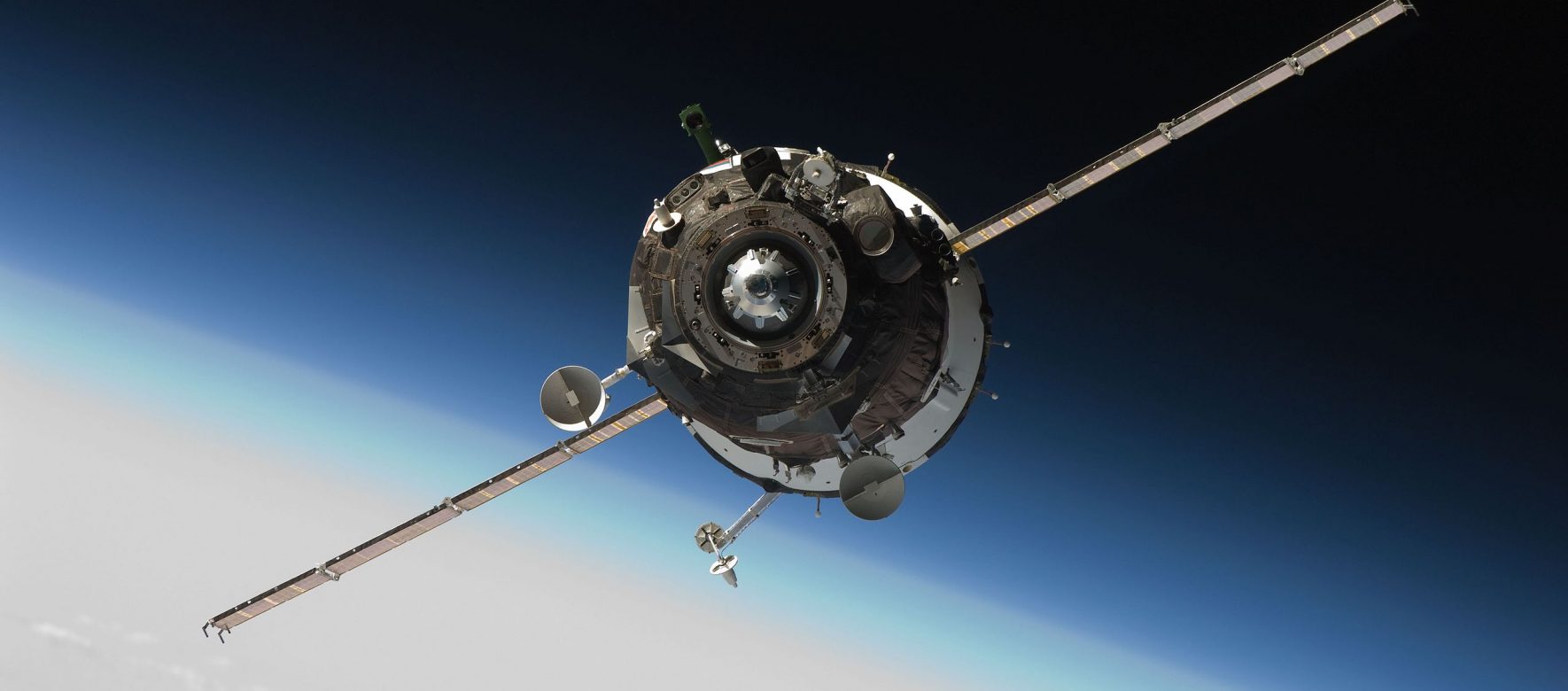Next year, the young Egyptian Space Agency, created in August 2019, will see the number of satellites launched under its authority increase to six. The progress made by the country, just one year after the adoption of the new ten-year program, reflects the country's determination to become a spatial benchmark.
The Egyptian Space Agency will send two new satellites into space in 2022. These are NExSat-1, intended for remote sensing and scientific research, and EgyptSat 2, which will be used for Earth observation.
It was Khaled Abdel Ghaffar, the Egyptian Minister of Higher Education and Scientific Research, who announced it on Friday June 11 at the Euro-African Space Forum which was held for two days in Lisbon, Portugal.
Through these new technological infrastructures, Egypt is pursuing its ambition to become an African benchmark in the space industry.
“We aim to transform Egypt into a center for training, research and development in space activities to develop and support emerging technologies, to disseminate the use of satellite images to support activities, especially in the field agriculture, and stimulate exploration and innovation, ”said Minister Khaled Abdel Ghaffar.
On March 6, 2020, Egypt adopted a new ten-year space development plan, seven months after the establishment of the new space authority which has already piloted the launch into space of four satellites.
Capacity building, the development of space missions, the modernization of facilities to support the growth of the commercial space industry, the development of international cooperation and the development of a solid legal basis constitute the pillars of the new space program.
Through a developed space industry, Egypt wants to break with the dependence of the majority of African countries on foreign infrastructures for communications, Earth observation, meteorology, disaster management, etc. The country wants to move from customer to service provider in light of the growing business opportunities in the space industry.
Above all, Egypt wants to become a reference space center in Africa and in the world.








Réagissez à cet article